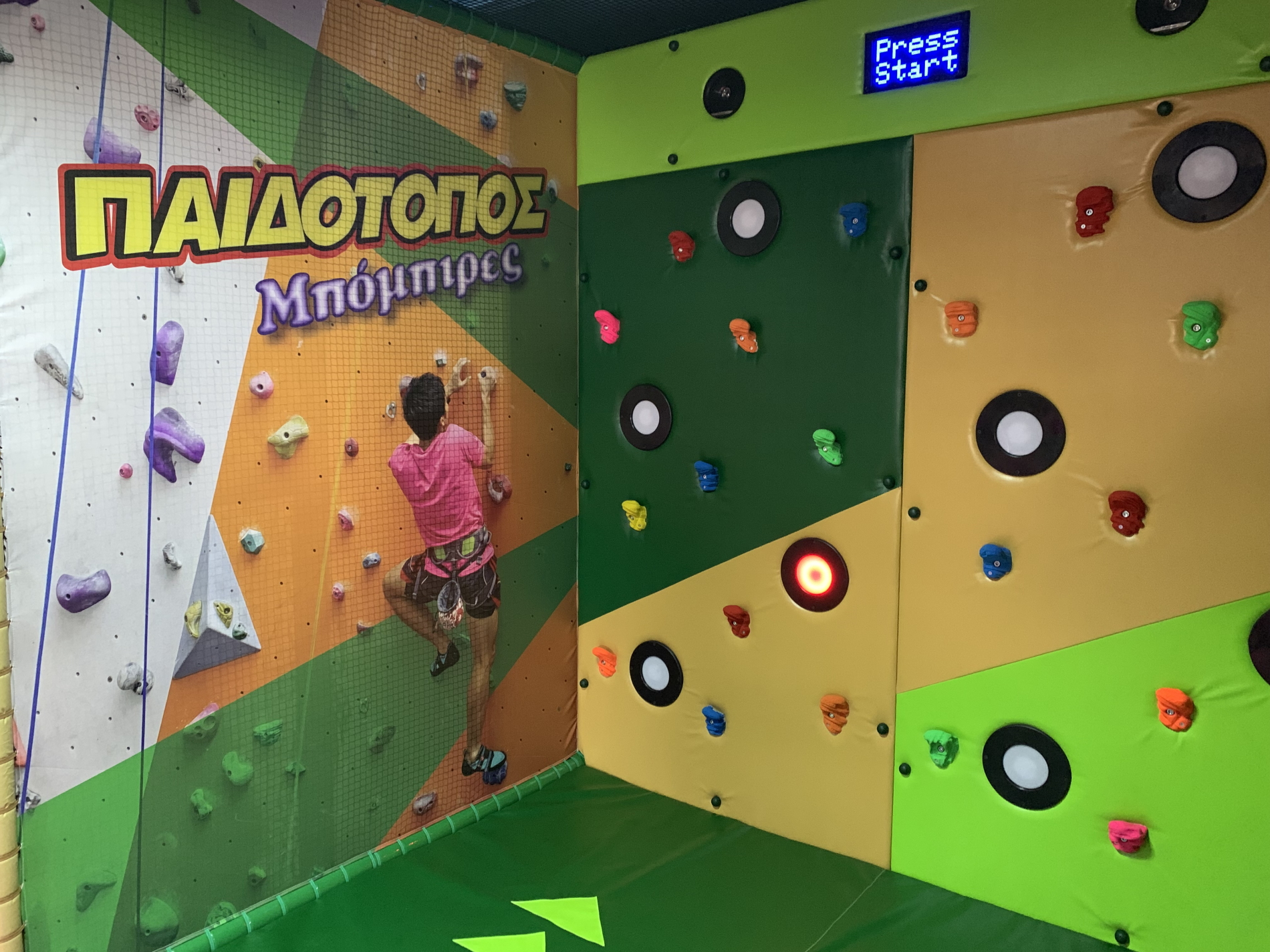Interactive games help children to learn about winning, competition and losing gracefully. The most important lesson that kids can learn is how to defeat but still try again.
No matter the subject of the game, competitive and interactive games provide ample opportunity for children to practice problem-solving. They learn about trial-and-error, how to cooperate and the importance of team work.
Interactive activities also offer plenty of opportunities for kids to improve their social skills and bond with those around them, particularly when the activities focus on collaborating or working together to achieve a goal.
Collaborative games have been shown to be useful in treatment situations to enhance the communication skills of autistic and socially isolated children.
Physical activities promote fitness and health. Physical games don’t just get kids moving- they can also help children develop important attributes like agility, strength, balance and flexibility.
During games, the brain receives multiple stimulations, both visual and audial. According to research, individuals who play interactive games frequently can process these stimulators faster than others.
Interactive games have proven to be able to capture the player’s attention for the entire period of the game. This is brought about by the player’s need to achieve certain goals within the game, and be able to progress to the next level.
All interactive games are educational games. They organize knowledge, skills and behavior. The sense of participation in interactive collaborative games has been described by Jeffrey Cohen in Stanford as the ultimate way to deal with aggressive behavior.
Cooperative interactive games teach kindness and fairness and demonstrate the increased productivity that comes from working with one’s fellow humans. Thus they model the kind of social interaction that is needed in the 21st century global community with its many intertwined social and environmental challenges. Thus, playing interactive games help children become the kinds of citizens who can create and enjoy a sustainable and equitable society. In other words, cooperative interactive games help on building a better world, and this is their ultimate benefit for everyone—children and grown-ups alike.

